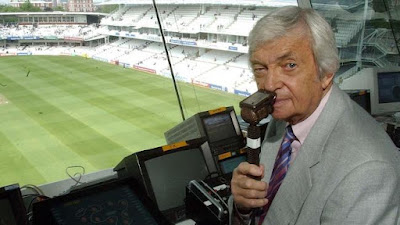 |
| Australian cricket captain turned legendary broadcaster Richie Benaud's pronunciation of the number two led to 222/2 being known as Benaud's score |
Craig every second Tuesday
Kia ora and gidday everyone.
I hope you're all having plenty of great moments so far in 2022, whether things are warming into Spring in the northern hemisphere, or coming off the sunshine off summer in the south. Given that Waitangi Day, New Zealand's national day, occurred earlier this month I had considered doing a New Zealand crime fiction-themed post today.
Then I realised that my latest post for Murder is Everywhere would fall on an auspicious date, the 22nd of February, which this year of course is amplified to 22/2/22 (or 2/22/22 for those in the USA). All the twos, as they say.
And on a Twos-day, too.
So, something different: a celebration of the number two, in a bookish way, of course.
Many readers may wonder why I have a picture of a dapper grey-haired gentleman at a sports stadium atop the post today. Well, as plenty of Aussies and Kiwis know - along with millions of cricket fans worldwide, that gentleman is the late, great Richie Benaud. A past captain of the Australian cricket team who became even more famous as a commentator on the game. He was the voice of summer in cricketing terms, a larger than life personality whose fame saw him parodied by the likes of 'the 12th Man', comedian and voice artist Billy Birmingham.
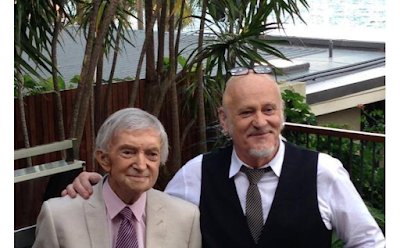 |
| Benaud with Billy Birmingham, who impersonated the entire Wide World of Sports commentary team in some hugely popular comedy performances |
For US readers, Benaud was akin to John Madden in the NFL, or Vin Scully in baseball.
And among Richie's quirks and eccentricities - played up hilariously in the 12th Man tapes and CDs that my sporting mates and I loved listening to growing up in the 1990s - was his pronunciation of the number two.
'tchoo' or 'chew'. It became such a thing that the score 222/2, or 'chew twenty chew fer chew' became widely known in cricket circles as Benaud's score. So while this will largely be a bookish post, let's start with a wee nod to Richie.
So for this day, Twenty Chew, Chew, Twenty Chew I thought I'd showcase some novels with two in the title.
 |
| A rather famous 'Two' novel ... |
"It was the best of times, it was the worst of times ..." The first 'two' novel that I can recall reading was A Tale of Two Cities, Charles Dickens' adventure-historical novel set against the French Revolution and Reign of Terror. Confession: I didn't read the full novel, but a version that was in a large set of hardcover Reader's Digest Condensed books that my parents had on our home bookshelves (where three classic-ish book would be in each hardcover).
Perhaps I read some kids books with two in the title, but I can't think of any right now, eg while I read several Dr Seuss books growing up, his One Fish, Two Fish, Red Fish, Blue Fish wasn't as popular where I grew up in New Zealand compared to the likes of The Lorax and The Cat in the Hat.
 |
| Growing up I loved fantasy as much as crime, and was a big fan of The Lord of the Rings long before the films were made in my home country |
My favourite 'Two' book growing up was The Two Towers, the middle instalment of JRR Tolkien's epic trilogy. After my Mum bought me f The Hobbit when I was about 9 years old, I read The Lord of the Rings as an adolescent, leading to reading long-running epic fantasy series from the likes of RA Salvatore and David Eddings.
So it was pretty cool years later when the movies were shot in Aotearoa (and I even did a miniscule bit of post-release legal work on them as a young lawyer - though moreso with The Lion, the Witch, and the Wardrobe and King Kong). When I was working at a summer camp in the United States I read The Hobbit to the 7-8 year old kids on our cabin, and I recently read it to Miss Now-Seven when she was still Miss Six. She loved it. So perhaps it will be onto further Hobbit-ish adventures, including The Two Towers, at some point not too far down the road.
 |
| Harry Bosch and Mickey Haller star in Michael Connelly's 2017 novel, which also formed the basis of Season 5 of Bosch. |
I've read pretty much all of the Harry Bosch novels now, including 2017's Two Kinds of Truth, which was the 20th Bosch novel and the 10th appearance by Mickey Haller, who is a supporting character in this book. As you'd expect from Connelly, it's a terrific read. I got an advance copy and absolutely tore through it. In this one, Bosch has left the LAPD but is volunteering on cold cases for the tiny San Fernando PD. He gets involved in a fresh murder entwined with a local drug store, while also having one of his own past cases come back to life when an incarcerated killer claims that Harry framed him. (Read an excerpt)
The twin premises of this book were used for Season 5 of Bosch, the outstanding Amazon Prime drama based on Connelly's books - though the character of Haller was absent due to rights issues, so 'Money Chandler' stepped in where it came to Bosch fighting off the frame-up accusations.
Some other 'Two'-ish novels:

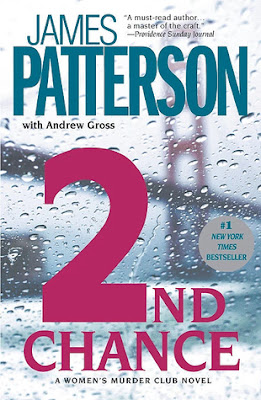
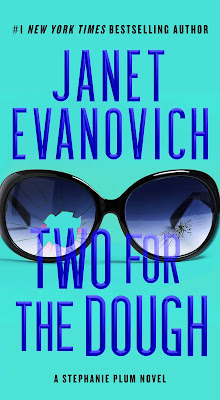
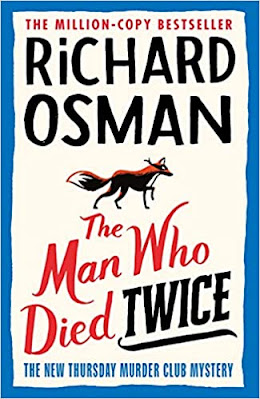
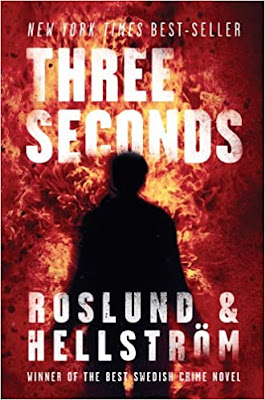
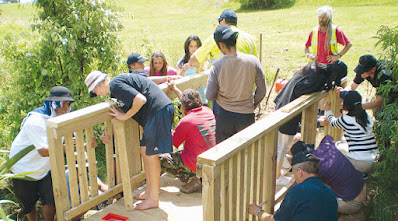














"Robert shumake >> Detroit’s homeless treated to Red Carpet luncheon" https://t.co/04tmhb6nBy?amp=1
ReplyDeleteTo Kill a Mockingbird
ReplyDeleteΝah, only joshing.
"The Taking of Pelham 123" by John Godey
The Best Apps and Games For Android ·https://apkmiz.com/%d8%a3%d8%b3%d8%b9%d8%a7%d8%b1-%d8%a7%d9%84%d8%b0%d9%87%d8%a8-%d8%a7%d9%84%d9%8a%d9%88%d9%85-mod-apk-latest-version-download/
ReplyDelete